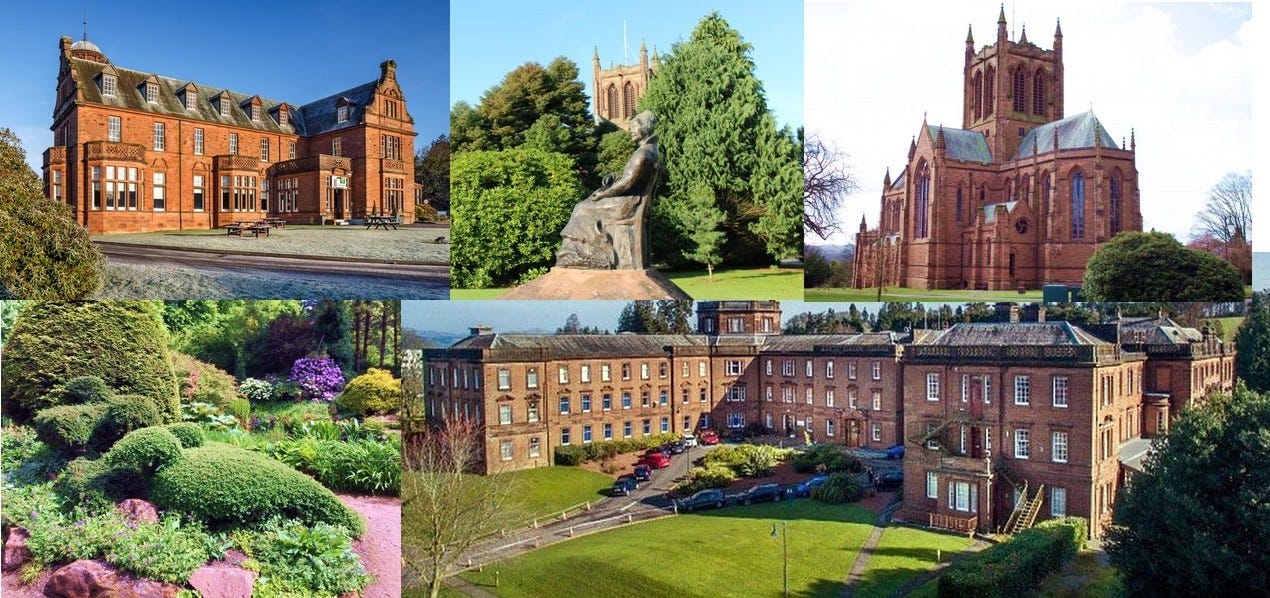“The desire to be a politician should bar you for life from ever becoming one.” - Billy Connolly, Scottish Comedian
In case you're new to panocracy, you might want to read some of the previous posts that explain how it will dispense with the political class and how it will be replaced. It's a radical approach that takes a bit of work and an open mind to understand.
We urge you to make the effort and comment on or question what you find!
There's been a lot of hand-wringing about representation in the recent UK General Election (where all 'representatives' have to submit themselves for election or re-election). A new party, Reform, polled 4 million votes and received 4 seats in the UK parliament whereas an established party, the Liberal Democrats, polled half a million votes less and received 71 seats.
As the Americans have it, go figure!
About 10 million people voted for Labour. This is the same as the audience of Dr Who in its glory days. And yet it was a ‘landslide victory’.
So whatever you think of the result of the election, it is clear that the variety of views of the British people will not be represented.
Panocracy is there to right these wrongs!
Evil, Honour and Integrity
A recent discussion on the notion of evil led me to think about how we might go about understanding it better. If we understand how evils arise then we might be able to build some protections into our panocracy. In fact, it already has many.
The evils we're talking about here are not the simplistic and personalised Hollywood or popular press variety where it’s embodied in some character like Hannibal Lecter. This is a superstitious view responsible for what befell those poor souls accused of witchcraft in earlier times.
What we’re talking about is more slippery and difficult to pin down. We see it when things take a turn for the worse, as they did in 2003 with an invasion of Iraq on the flimsiest pretext or in 2020 when we allowed ourselves to be persuaded that we would all face a terrible plague. Or in thousands of similar cases throughout history.
We can perhaps understand evil as an emergent property of certain political or social ecosystems.
Looking beyond personal insult and injury, it doesn't need evil people for evil to occur (which seems to be the basis of most conspiracy theories) but it does need a system in which otherwise good people find themselves doing bad things. For example, trying to protect their own positions by ignoring the plight of those wronged by their organisation as in the Post Office Horizon affair.
If evil is generally systemic, then we can conceivably 'engineer' social systems (like government) whose participants don't, for example, feel the need to protect their own vested interests at all costs: social systems in which evil finds it hard to get traction.
The men who drafted the constitution of the United States were keen to build in checks and balances that set the selfish aims of different individuals and groups in opposition. As followers of Adam Smith, they understood that self-interest is the main driving force of most human behaviour.
This idea of multiple checks and balances is key to panocracy in which all selfish interests are exposed during the formation of new laws and regulations and again when votes are taken.
The founding fathers thought that 'virtue' was required to insure against corruption in government. Panocracy makes no such assumptions. There will be corruption but those who it affects will always be a small minority and opposed by others who may be equally corrupt. Panocracy sets the corrupted in opposition to each other.
It also insists that the activities of those who staff its agencies are transparent (with obvious exceptions) and thus any institutional corruption will soon be spotted by ardent citizens - and there will be plenty - who may expose the malfeasance before it does any real damage.
But we want more than mere policing from our system. We want to encourage a culture of honour and integrity such as has existed from time to time in all civilised societies. Such a mindset leads to innovation and generosity of spirit and from there to productivity, prosperity and happiness.
Which brings us to Dr James Crichton (1765 – 1823). Born into the Age of Enlightenment, he studied medicine at the world's (then) leading medical school in Edinburgh, rose to medical prominence in India and amassed a fortune in the process.
His wife Elizabeth, whom he married in 1810, became on his death responsible for spending £100000 on a college. With the help of her friend the Rev. Henry Duncan she eventually created the Crichton Royal Hospital in Dumfries. This facility remained a hospital (for the mentally ill) for around 150 years and is now publicly owned and managed.
This example shows what a system that's founded on honour and integrity can produce.




